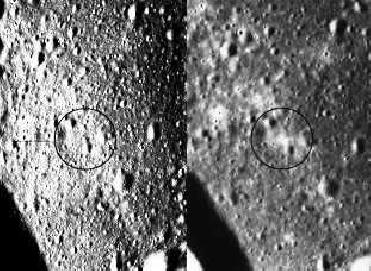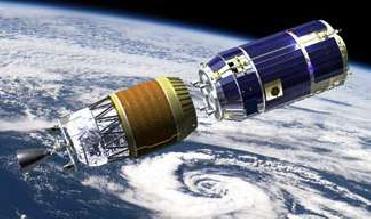
The Large Hadron Collider (LHC) is a gigantic scientific instrument. It is a particle accelerator which brings protons and ions into head-on collisions at higher energies than ever achieved before. This allows scientists to penetrate still further into the structure of matter and recreate the conditions prevailing in the early universe, just after the "Big Bang".
Over all six experiments has been conducted by LHC (ALICE, ATLAS, CMS, LHCb, TOTEM, LHCf) bringing together scientists from institutes all over the world. Each experiment is distinct, characterised by its unique particle detector.
ATLAS and CMS are the two large experiments based on general-purpose detectors to analyse the myriad of particles produced by the collisions in the accelerator. They are designed to investigate the largest range of physics possible. Having two independently designed detectors is vital for cross-confirmation of any new discoveries made.
The main feature of the ATLAS detector is its enormous doughnut-shaped magnet system. This consists of eight 25‑m long superconducting magnet coils, arranged to form a cylinder around the beam pipe through the centre of the detector. During operation, the magnetic field is contained within the central cylindrical space defined by the coils.
More than 1700 scientists from 159 institutes in 37 countries work on the ATLAS experiment.
A vast group of researchers from numerous countries around the world will wait eagerly for the LHC results, hoping to find signs of the Higgs, supersymmetric companions, and other long-hoped-for particles.
Discovery of any of these would spur a renaissance in physics and an enormous boost for the scientific enterprise � not to mention grounds for a Nobel Prize. The world would celebrate the achievements of those involved in this extraordinary undertaking, including the hardworking Evans and the thousands of workers contributing their vital efforts and ideas to the project.
Researchers and scientists from around the world are eager for the LHC project results. Discovery of Higgs, super-symmetric companions, and other long-hoped-for particles will be resurgence in the field of physics.
- Courtesy: European Organization for Nuclear Research (CERN)
 Previous Article
Previous Article Next Article
Next Article












The Indian Air Force, in its flight trials evaluation report submitted before the Defence Ministry l..
view articleAn insight into the Medium Multi-Role Combat Aircraft competition...
view articleSky enthusiasts can now spot the International Space Station (ISS) commanded by Indian-American astr..
view article